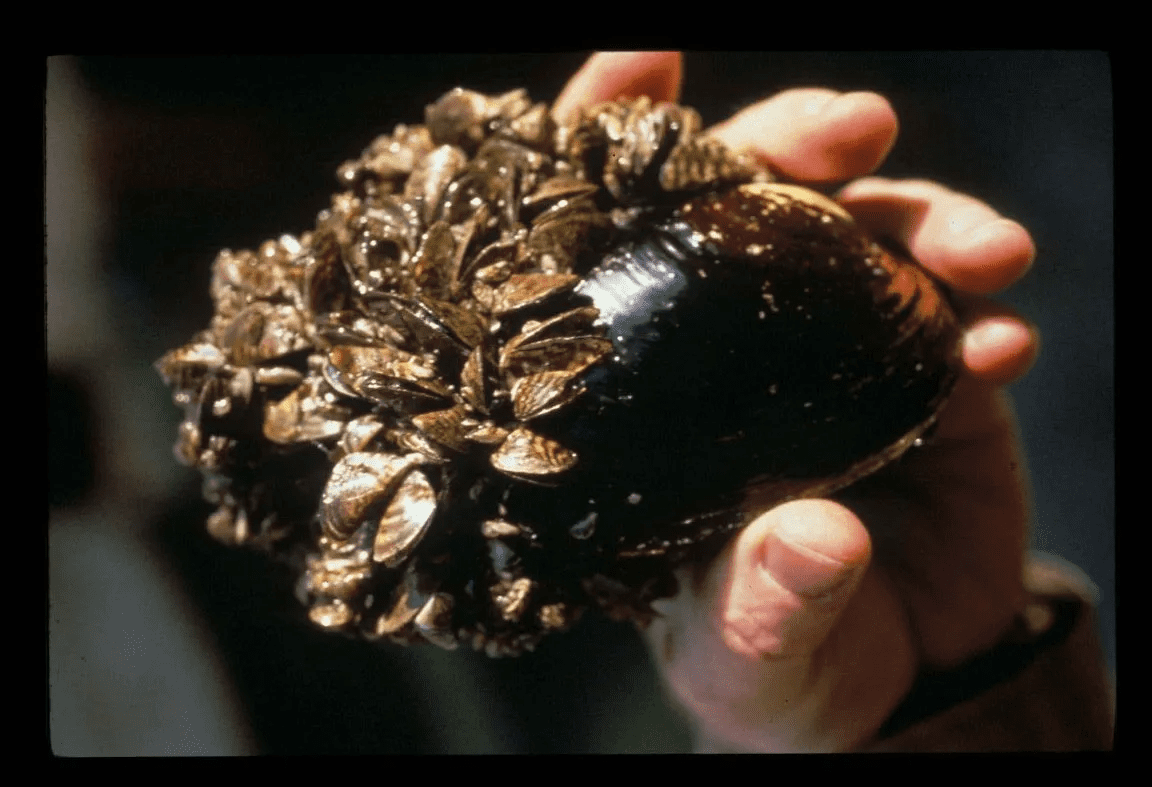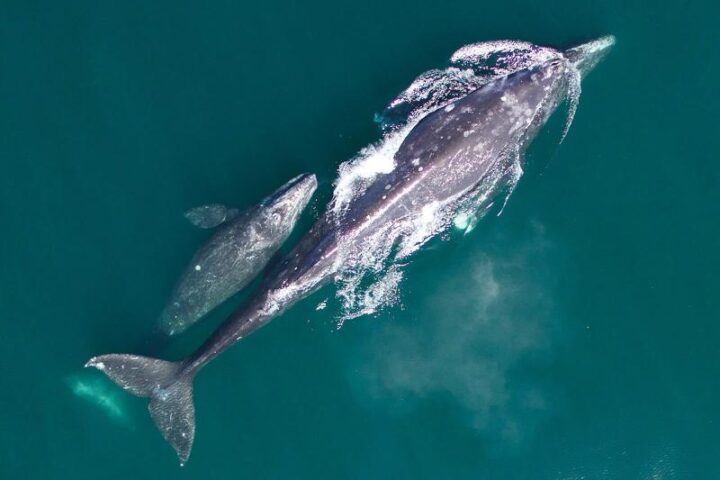The Invasive Species Issue
The Texas aquatic ecosystems have been thrust into turmoil with the invasion of zebra mussels. This freshwater species, native to Eastern Europe, is wreaking havoc on the state’s lakes and rivers, threatening both the economy and native fauna. Its impact is far-reaching; the small creature can cause damage costing millions.
These invasive mollusks feed on algae, and their rapid proliferation affects the aquatic food chain, disrupting habitats for native species. Notably, the invasion has claimed North Texas’s Eagle Mountain Lake and Lake Grapevine, now classified as “infested.” The Trinity River is also under the mussel’s onslaught.
Hidden Threats to Boating and Infrastructure
The survival strategy of zebra mussels plays a significant part in their invasive success. These mussels attach to various surfaces — boats, anchors, or infrastructure — to travel and establish themselves in new habitats. Their inconspicuous size and ability to lay over a million eggs amplify the issue.
Zebra mussels have become a major concern for boaters in Texas. The sharp shells of these creatures are a safety hazard. Jonathan Chen, a kayaking enthusiast, shares that he maintains vigilant footwear use during water activities to prevent potential injuries.
Similar Post
The Impact on Water Systems and Agriculture
Zebra mussels also pose a significant threat to Texas’ water systems and agriculture. They adhere to and block water pipes, and can contaminate drinking water sources with an unpleasant taste and odor. Lakes Austin and Travis, major sources for city drinking water, are at risk of such infestation.
This freshwater invader also threatens hydroelectric centers, hampering the state’s power supply. The economic impact of the zebra mussel invasion extends to agriculture, as the mussels can potentially damage water delivery systems crucial for this industry.
A Call to Action: Preventive Measures
Texas authorities are stepping up measures to curb the zebra mussels‘ spread. Texas Parks & Wildlife advises boaters to “clean, drain and dry” their vessels before moving between water bodies. Senior Scientist for Aquatic Invasive Species, Monica McGarrity, underlines the importance of this strategy in protecting the state’s waters.
Yet, the zebra mussel’s resilience remains a challenging hurdle. While successful eradication has occurred in Lake Waco, many other water bodies remain under threat. In an age where climate change and human activity are already impacting ecosystems, zebra mussels underline the importance of biosecurity in protecting our natural resources.
Legal Implications
Under Texas law, possession or transportation of zebra mussels is a punishable offence. First-time offenders face up to a $500 fine, with repeat offenses escalating to a $2,000 fine or a jail term of up to 180 days.
This summer, Texas authorities and parks officials are urging boaters to remain vigilant and take preventive steps. With 31 lakes currently infested and others under threat, the fight against the zebra mussel invasion is ongoing, and each individual action matters.















![A male [[Great white shark]] off [[Isla Guadalupe]], [[Mexico]]. Along with many [[Mackerel scad|Mackarel scads]] seen in the background. Photo Source- Terry Goss (CC BY-SA 3.0)](https://www.karmactive.com/wp-content/uploads/2025/06/White_shark-720x480.jpg)


